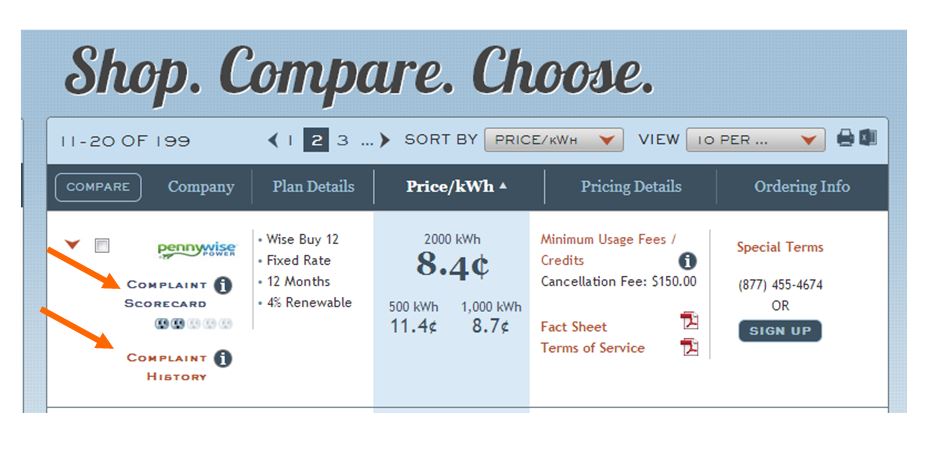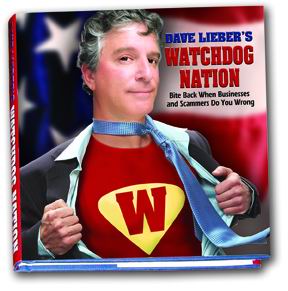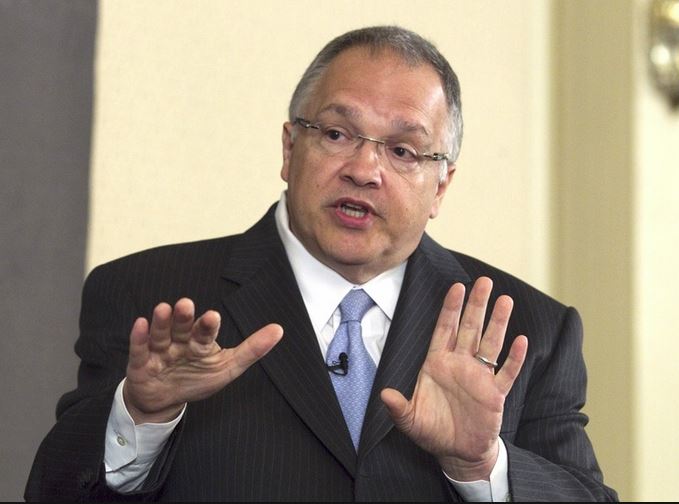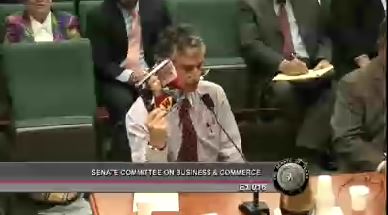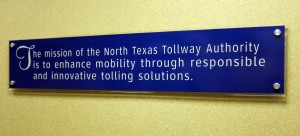I love the Texas Legislature.
You don’t hear those words very often. But ever since I visited for the first time, in 1995, and watched then-Lt. Gov. Bob Bullock work his magic over everyone, I see the lege for the good it does. Who says that these days?
#txlege — and that’s actually the official hashtag — is a vehicle for change, for improvement. The Watchdog receives several thousand emails and letters each year from Texans who gripe about their biggest problems. It’s easy for me to detect patterns and point out which areas of consumer life need fixing.
What I don’t like is how hard it is to get our points across. The problem is the lobbyists, who swarm like fire ants. They are everywhere, on their phones, standing in the back of hearings, earning their fat salaries — many times more than a legislator makes. They have steakhouse expense accounts and big budgets for campaign donations. As you can imagine, lobbyists are incredibly charming.
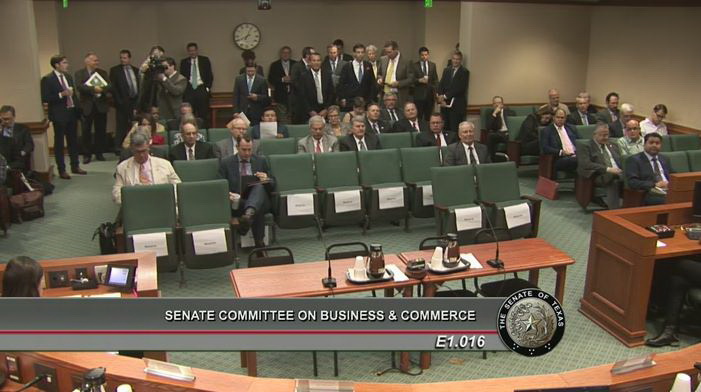
Lobbyists and other interested parties attend committee meetings for bills in Austin. But most people who have opinions on pending matters don’t attend. They’re at work.(Dave Lieber/Staff)
To counter that, I have a Watchdog Nation strategy. It’s old-fashioned people power. You and me. We get in there and dust it up. As I did two years ago, today I reveal the top five Watchdog laws I’d like to see passed in 2017. We even have a logo.

We’ll follow their progress and show you how to lobby lawmakers to protect your interests.
The plan
This is how we did it together two years ago. Three of our five suggested consumer fixes actually became law. We created a Watchdog Hall of Fame for lawmakers who picked up the baton and crossed the finish line. Let’s do it again.
If you want to get involved in any of these battles, send an email to me at watchdog@dallasnews.com and I’ll make sure you’re in the loop. Which lawmakers should you write to? Where is a bill stuck? Who are the heroes and villains?
Electricity reform
Battle No. 1: Deceptive electricity shopping must stop.
Who is going to stand up to the marketing deceptions that some electricity companies use to sign up customers? Because of these, many Texans overpay for electricity and don’t even know it.
After I showed how companies used phony 1-cent rates to beat search engines and come out first in search results, the state took action to stop that. But it’s only a start.
Public Utility Commission Chairman Donna Nelson said last year that some electricity companies “always find a way” around the PUC’s best efforts to keep the marketplace honest and transparent.
She said, in words that confirm my reporting over the past decade, “Whatever practice we put in place to try and end the confusion, then they find a way around that.”
I have suggested four points of improvement. I’m proud that The Dallas Morning News editorial board supports these points, as does the leading electricity consumer group Texas ROSE. More important, I have email addresses of several hundred of you who want to help.
The four points of what I’d call the “Retail Electricity Reform Act of 2017” include:
1) Compare apples to apples. Force every company to list offered rates, with the distribution charge included. (Many hide that.)
2) Ban deceptive language. Don’t let confusing teaser rates and technical language disguise the real cost of service. Regulate those tricky and often-lying door-to-door salesmen.
3) End minimum-usage deals. Making people pay more if they use less power doesn’t encourage conservation.
4) Warn copycat sites. Demand that companies using “power to choose” language on their websites (that’s the name of the state’s shopping site) announce they are not the state website.
Some electricity companies use keywords “power to choose” because that’s also the name of the state-sponsored site.
Some electricity companies use keywords “power to choose” because that’s also the name of the state-sponsored site.
Property taxes
Battle No. 2: Make the property tax system fair.
I get that #txlege won’t pass an income tax. OK, but our biggest government money grab could at least be set up so it’s based on fairness, rather than whim. Because sale prices are kept secret, tax bills, I believe, are based on guesswork, more than science.
I showed last year how local governments pretend they aren’t raising taxes even if they are. I also showed what an unfair advantage I had in 2016 when I hired the state’s best known tax protest company and shaved my tax bill down. My neighbors didn’t. Sorry for them, but is that fair?
Insurance protection
Battle No. 3: Don’t let insurance companies strip us of our rights to protect our family.
Insurance companies are crying that they need help – even though they’ve been making huge profits. I call it an insurance war against consumers.
We must make sure #txlege doesn’t allow companies to block our right to sue. That’s the battlefield. Sometime this session, their attack bill on our legal rights will emerge. The Watchdog will need your help to call it out and knock it down.
Personal privacy
Battle No. 4: Taking all 10 fingerprints for a driver’s license is unnecessary.
The Watchdog fears that Texas Department of Public Safety will try to expand the one-thumbprint rule into 10 fingerprints required for a driver’s license. Otherwise, how will everyone’s full fingerprints make it to the federal fingerprint archives that homeland security buffs dream about at night?
Fortunately, we have our first bill of the year to support. State Sen. Van Taylor, R-Plano, already a charter member of The Watchdog Hall of Fame, has offered Senate Bill 281, which limits governments from collecting not only fingerprints but blood, skin and hair samples, DNA and body scans. This doesn’t affect police work. The bill bans giving up personal information in exchange for providing a government service, such as a driver’s license.
Watchdog Hall of Fame member and State Sen. Van Taylor, R-Plano, introduced a personal privacy bill for the 2017 session.
Taylor’s “Protect Personal Identifiers Act” has little to do with stopping crime, finding terrorists or border security. This is designed to protect the rest of us law-abiding Texans from 1984-style government.
I see that I’ve run out of room. I saved the most important one for last. In my next column, part two, I’ll show you why we need a license system for roofers and general contractors.
Don’t forget. If you want to get involved, send an email to watchdog@dallasnews.com.
Onward.
You can’t afford to miss The Watchdog. Follow our latest reporting always at The Watchdog page.
Watchdog Dave Lieber of The Dallas Morning News is leader of Watchdog Nation, which shows Americans how to stand up for themselves and become super consumers.
 \
\
Still here? Visit Dave Lieber’s other fun website: DaveLieber.org






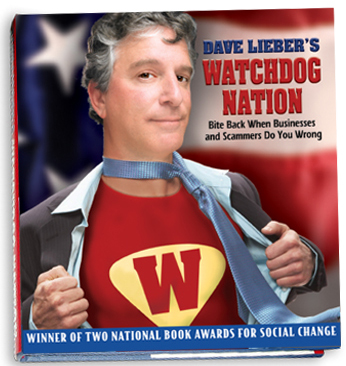




.jpg_06-07-2015_Uid_State_1_1.jpg?q=30&w=200&fit=clip&auto=format&frame=1)

.jpg_06-07-2015_Uid_State_1_1.jpg?q=30&w=200&fit=clip&auto=format&frame=1)



